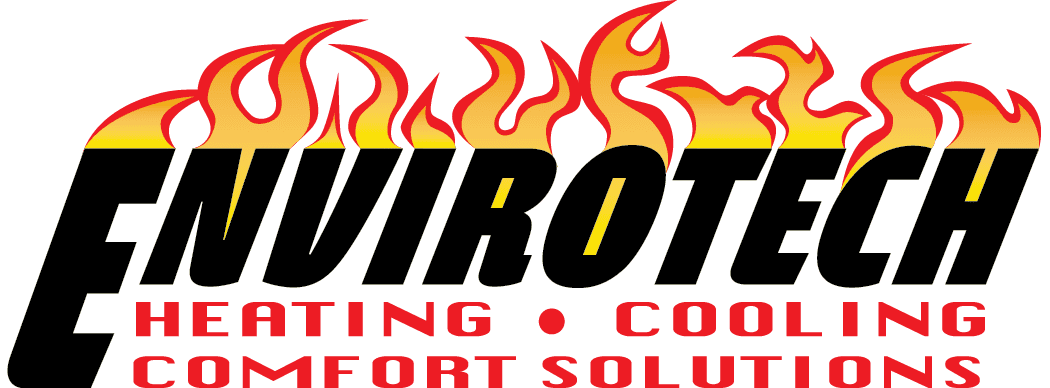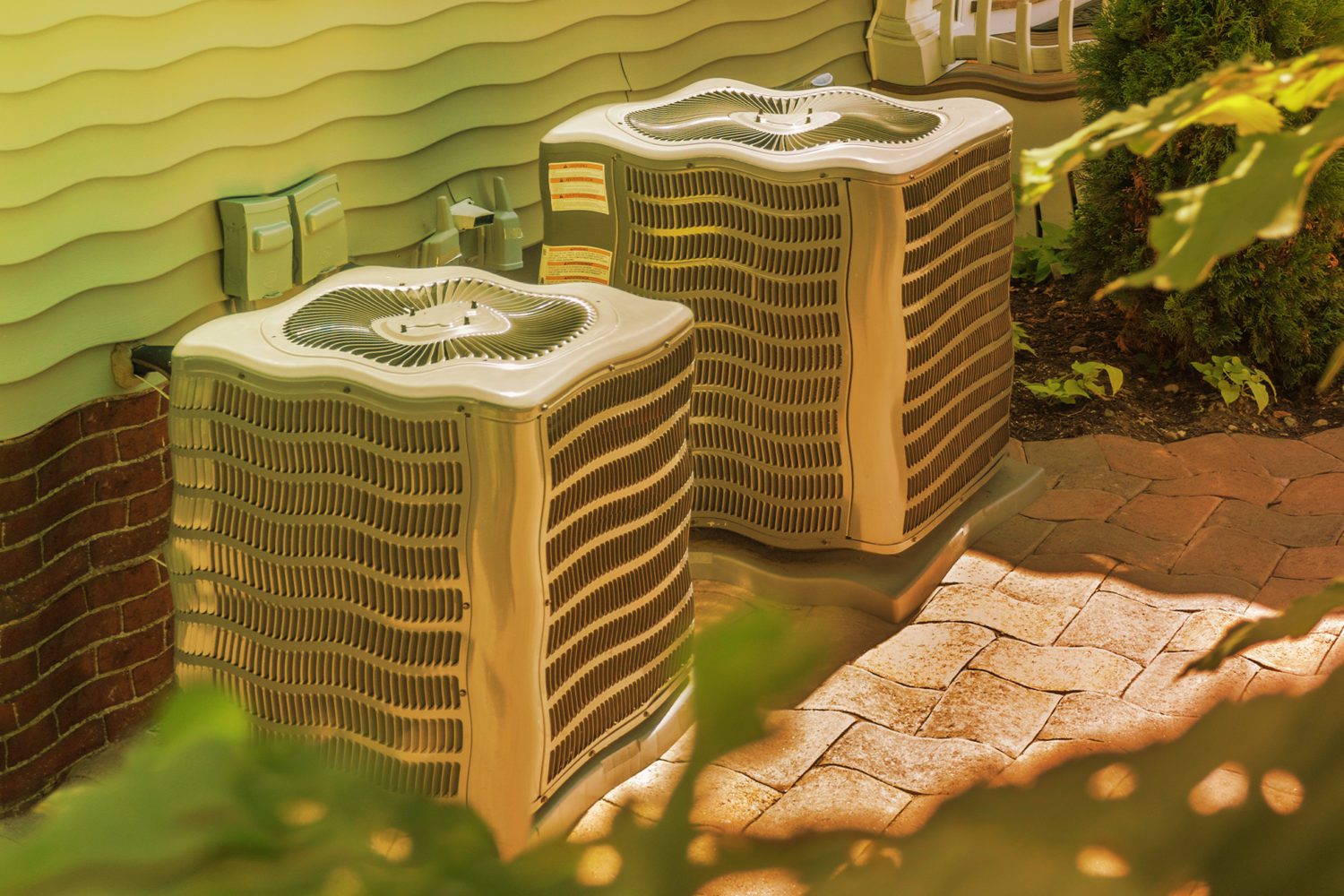Our customers and air conditioning service and repair experts can’t believe it either, but here we are in mid-July, experiencing a week of temperatures in the mid-90s. The forecast is for more heat next week. So, let’s answer this question a month early and review what you can do to counteract how extremely hot days affect your air conditioner.
Does extreme heat affect air conditioners?
Yes, it sure does. But perhaps not in ways that you think. A/C units are designed and manufactured to operate in high heat, up to and around the 100-degree Fahrenheit mark, for years on end with regular A/C maintenance and upkeep.
Issues with your air conditioning can occur when temperatures rise to and hover at and above 100 degrees for days or weeks on end. Your A/C unit runs longer and works harder to keep your home or office at the set temperature. Not only are you consuming way more energy than normal, but also with the air conditioner running longer, the components can start to malfunction or fail entirely.
Oh, the Humidity!
When the thermometer reads 95 or above, your A/C unit runs at maximum power to try to reach your thermostat setting. Try as they might, air conditioners can’t always cool to your desired temperature for that level of heat and our Kansas City humidity. In many cases, expect an indoor temperature of around 78 degrees.
What if you lower the thermostat? Don’t bother. It’ll just strain your A/C unit, making it work harder and suffer wear and tear without making your indoors any cooler. Another consequence of cranking down the thermostat is the ripple effect on the power grid. When you think about the hundreds of thousands of people all trying to stay cool by lowering their thermostats, imagine the demand on the utility company’s grids. At best, this causes an “energy-savings” event for a couple of hours. At worst, a complete power outage.
78 is the Magic Number for Your Air Conditioning Thermostat
Instead of setting your thermostat to an indoor temperature your A/C isn’t capable of reaching when it’s above 95 outside, consider setting it to 78 when you are home and 82 when you’re away. Smart thermostats let you set a schedule and you can use an app to change the thermostat temperature when you’re away. Plus, you’re lessening the load on the power grid and saving money on your utility costs. After all, there is no sense paying for your A/C to constantly run with no effect.
Have a Stash of Air Filters
If June is an indication of the extreme heat to come, your A/C is going to be running a lot this summer. That means your air filters are going to get dirty much quicker than usual. You don’t want a dirty air filter clogging your air flow. Changing your air filter monthly, at minimum, will help your A/C run more efficiently, so it can cool your home better.
Keep an Eye on Your Outdoor A/C Unit
Make sure there is nothing blocking the A/C’s fan. Clear away any debris or weed and plant growth (especially Cottonwood seeds), giving it plenty of room to operate. Look inside to ensure vines haven’t entwined around the fan.
Schedule a Routine Service Appointment
It’s not too late. And, given what we’ve seen so far, it’s a smart thing to do and could be the difference between your A/C performing well this summer or leaving you without air conditioning at all.
We know… it’s hard to remember. If that’s the case for you, consider putting your A/C and furnace maintenance on autopilot with our Energy Savings Agreement (ESA).
Here are just a few of the perks our ESA members receive:
- Priority scheduling
- 20% discount on diagnostic service and repairs
- 5% discount on equipment
- No overtime charges
- No hassle maintenance scheduling—we call you
If Your A/C is Old, Plan Ahead for a New One
Long wait times for appliances are hitting the HVAC industry, too. If there is any indication your A/C might not last through another summer, order a new one early. Otherwise, you may be waiting weeks for an A/C unit to ship, depending on the model.
To learn more about air conditioner operation this summer or to find out more about our maintenance agreements and financing options, please call us at 913-268-6700.

